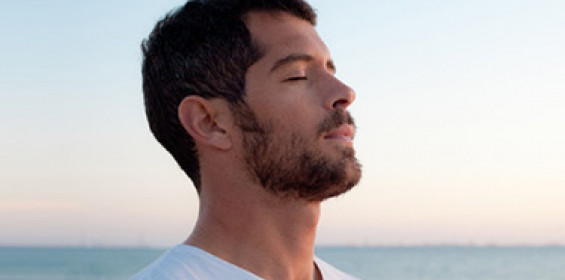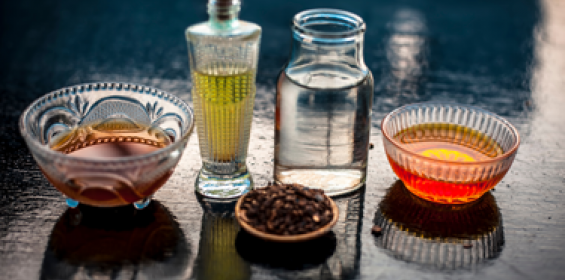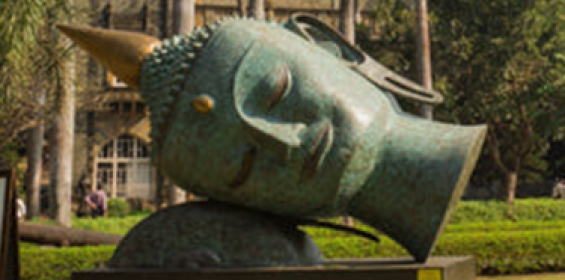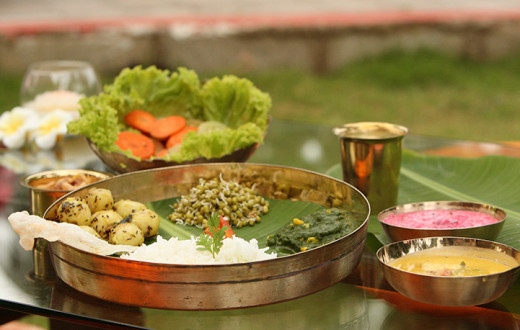Blood donation is not just a sacred service to patients in dire need of blood but also brings health benefits to the donor. From your emotional well-being to lowering your cholesterol levels, blood donation does it all. For every donation, about three lives get saved and cured of many diseases. Your blood donation can be used whole, for platelets, red blood cells, plasma, etc. Sometimes you can use your donated blood for your own elective surgery.
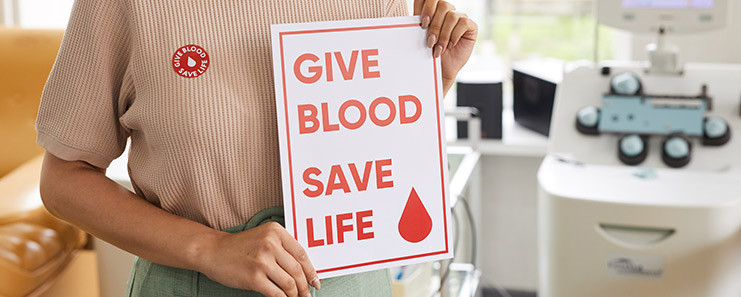
Importance of blood donation
Every moment some accident happens and the victim’s family goes on the lookout for the matching blood type. Recently the second wave of the pandemic in India pulled upon many cases and people survived due to the availability of blood types in the hospitals.
Here are some of the many benefits of blood donation:
Stocks in hospitals help in emergencies, like treating sickle cell anaemia, and loss of blood during road accidents, surgeries, or childbirth complications in pregnant women.
Helps you get a check-up on your body parameters.
Releases toxins or chemicals from your body.
Reduces iron overload in the body.
Reduces risk of diseases like anaemia, cancer, etc.
Helps in weight loss.
Protects you from cardiovascular diseases.

Enhances your physical well-being due to the growth of new blood cells.
Conditions for blood donation
If you wish to donate blood, you must first locate a blood bank near you and book an appointment. Anyone can donate blood subject to the following conditions:
You must be in the age range of 18-45 years
You must weigh at least 45 kgs and feel healthy
Your pulse, temperature, and blood pressure must be normal before donation
Hemoglobin should be more than 12.5gms
You must have completed all your vaccinations 15 days before donating
There should be no tattoos or acupuncture in the last year. For diabetics, you can donate as long as you are not using insulin injections
You must not have infections such as TB, HIV, Hepatitis B, C, or Leprosy. If you have had malaria, there is a waiting period of 3 months
There should be no persisting heart disease or disorder of any kind
If you are under medication, you might have to check with the authorities and their specific guidelines before donating

You must prepare your body weeks before donating. Have a clean diet, take iron-rich food, practice physical activities like yoga and exercise, and ensure getting good sleep every night.
The process
On the appointment day, you will be asked to complete some paperwork formalities. They will ask you certain questions about your medical history and then take you to the donor room. The process will start with a quick pinch in the arm and after about 10 minutes (unless you are there for plasma or platelets), you will be done. A sterile strip is put on the spot and a bit of pressure is applied to avoid a blood clot. Lastly, you are given refreshments to regain strength and feel normal again.
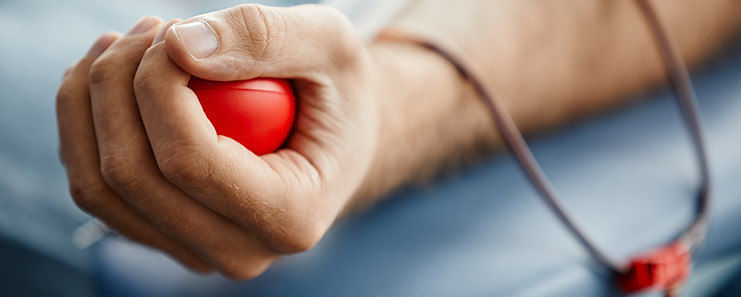
Side Effects of Blood Donation
There may be some temporary side effects of blood donation, such as:
Feeling nauseous, dizzy, or tired
Numbness in the body or vomiting sensation
Bruising in the spot on the arm
Feeling dehydrated

You must hydrate yourself for one to two days, rest well and tone down excessive physical activity. To stop the bruising, use an ice pack and put pressure on the spot for a minute. Iron-rich food like spinach, nuts, and oats can help retain the laid-off iron during donation.
Very rarely, young people or first-time donors may feel other issues as muscle cramps, breathing issues, or convulsions, after donating. As mentioned, hydration, a good diet, and proper rest can help them return to normal. Sukshma yoga postures and pranayama work wonders to get relief from the issues. In case it persists, get medical help without delay.
How can you make a difference?
Save Life India is an initiative by the Art of Living to connect hospitals and blood banks to blood donor volunteers everywhere in India and provide information on them. You can enroll yourself and do your part in saving lives.
FAQ on blood donation
A gap of three months is preferable between donations to retain body parameters such as hemoglobin and bring them to normal levels.
Red blood cells can be stored for about one and a half months, platelets for five days, whereas plasma can be stored for one year from the date of donation.
A, B, AB, and O are the main blood types. O is the universal donor and AB is the universal recipient of red blood cells. Each blood type has positive and negative Rh factors.
You may feel a bit weak for a couple of days due to the loss of fluids and red blood cells(RBC). However, the RBC count gets normalized in four to six weeks.
There are no rules as to what must not be done before donating blood. However, lack of sleep, being sick, drinking alcohol or smoking, and eating right before donation must be avoided.



